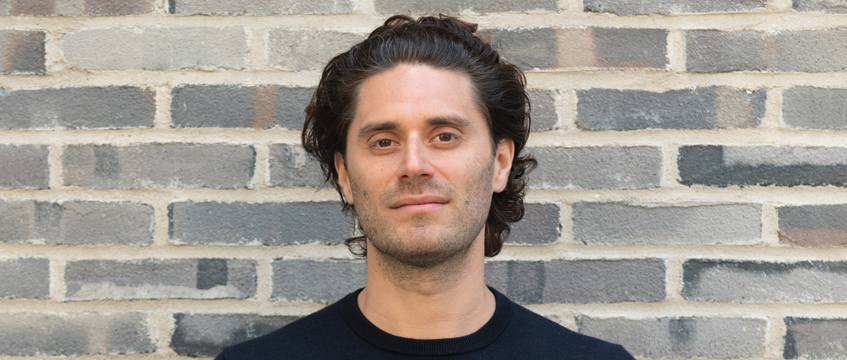COMMENT Sustainability is dominating the discourse in real estate. And rightly so.
Nowhere is this more apparent than in the office sector, where the pursuit of super-green workspace is creating a super-prime market for projects with the best credentials. All well and good for customers and occupiers with deeper pockets, but we need to think about how to make sustainability attainable for all.
There is no doubt that the latest technologies and material innovations are ingredients in the creation of ultra-green offices. But if the expense involved creates a product that only the upper echelon of businesses can afford, how sustainable is that model? Look at Tesla: it may have the blueprint for sustainable cars, but its environmental impact is constrained until the average driver can afford to buy one.
Mindset, not product
Sustainability is a mindset, not a product. And there are simple ways to develop sustainability rather than big-ticket wins or pioneering firsts. Affordability, adaptability and back-to-basics thinking like “what is already here and what can we reuse?” are the principles we should all be embracing if we are to minimise our environmental impact.
This approach governed our repositioning of the outdated 1980s South Quay Building (now Sierra Quebec Bravo) at 77 Marsh Wall in Canary Wharf, E14, to offer sustainable, design-centric, flexible workspace at affordable rates to SMEs and start-ups. Retaining the building’s original structure and fabric not only reduced embodied carbon emissions but also minimised construction and fit-out costs. As a result, we can offer quality flexible workspace at 25% less than competitors in the area.
Uncommonly, it is mundane upgrades implemented incrementally over the course of a building’s lifespan that can enable developers to deliver green offices without the premium price tag. Improved thermal efficiency or electrification of heating systems may not sound glamorous, but these decisions are critical to delivering energy-efficient buildings. And, if timed correctly and procured shrewdly, they don’t have to cost the earth.
Evolving spaces
Adopting this “long-life, low-cost, low-energy” model is, at its very core, a sustainable model that affords us the ability to evolve over time and create spaces that can also evolve with customers. That guiding principle is one that has been adopted at SQB, where we have delivered flexible workspace for start-ups and bespoke Cat-B solutions for larger corporates under one roof and one operator.
The approach also has the added advantage of eliminating the elephant in the room: speculative Cat-A fit-out. As the British Council for Offices’ report Circular Economy in Offices recently highlighted, the industry’s acceptance of Cat-A as the norm needs a radical rethink.
Offices contribute 10.3m tonnes of waste per year (15% of the commercial property sector’s total waste) and Cat-A fit-out contributes heavily to this, with tonnes of fit-outs ending up in landfill after being stripped out by incoming tenants. This is not only disastrously wasteful, but pushes the capital cost of furniture and finishes onto the end user, marginalising businesses that cannot afford to lay out significant capital cost and further enforcing the gulf between those with deeper pockets and those without.
Affordable and adaptable
There is a time and a place for delivering superlatively sustainable offices. We are doing this together with Henderson Park at Metropolis, our remastered workspace at 242 Marylebone Road, NW1, which is one of only a handful of refurbished buildings to achieve a BREEAM Outstanding rating. However, not every building can be best-in-class, and we need to deliver affordable and adaptable places that enable all business to occupy quality and sustainable workspaces.
Responsible development is not a bolt-on. Sustainability is, first and foremost, a set of principles that should be applied to decision-making. Reusing materials, minimising waste, designing for adaptability, prioritising fabric-first upgrades – all of these can result in less cost, faster programmes and better returns.
Making sustainability an affordable prospect for occupiers allows developers to tap into a deeper, broader market. And, most importantly, it gives businesses of all shapes and sizes the opportunity to go greener.
Jacob Loftus is founder and chief executive of General Projects











